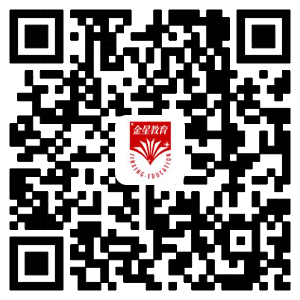1.be +现在分词,构成进行时态。如:
They are having a meeting. 他们正在开会。
We were planting trees this time yesterday. 我们昨天这个时候在植树。
2.be + 过去分词,构成被动语态。如:
The door was broken by Tom. 门是汤姆打破的。
English is taught in our school. 我校教英语。
3.be + 动词不定式,可表示:
A.打算、决定、计划、安排等。如:
He is to visit Japan next week. 他决定下周访问日本。
I was to have told you yesterday, but you were not in. 我本打算昨天告诉你的,但你不在家。
B.指示、命令、禁止等,即“必须,一定”。如:
You are to hand in the exercises tomorrow. 你们明天必须交练习。
You’re not to (=You mustn’t) smoke here. 你不可以在此处抽烟。
C.责任、义务、需要,即“该不该”。如:
You are to (=should) report to the police. 你应该报警的。
Am I to go on with the work? 这工作我该不该继续干下去?
D.可能性,与can, may相当,不定式多用被动式。如:
The book was not to (=could not) be found. 那本书可能找不到了。
E.假设,用于虚拟条件句中。如:
If it were to rain, we would get wet. 要是下雨,我们就会淋湿。
F.表示注定要发生或后来必然发生。如:
This experience was to change his life. 这次经历注定要改变他的生活。
注:不定式作表语与上述用法是不同的。如:
My idea is to go there today. 我的意思是今天就去那里。
